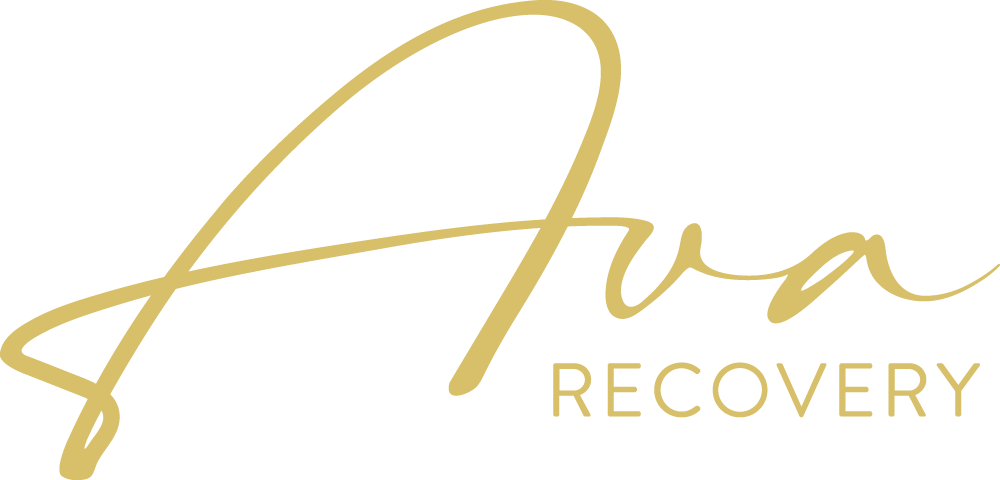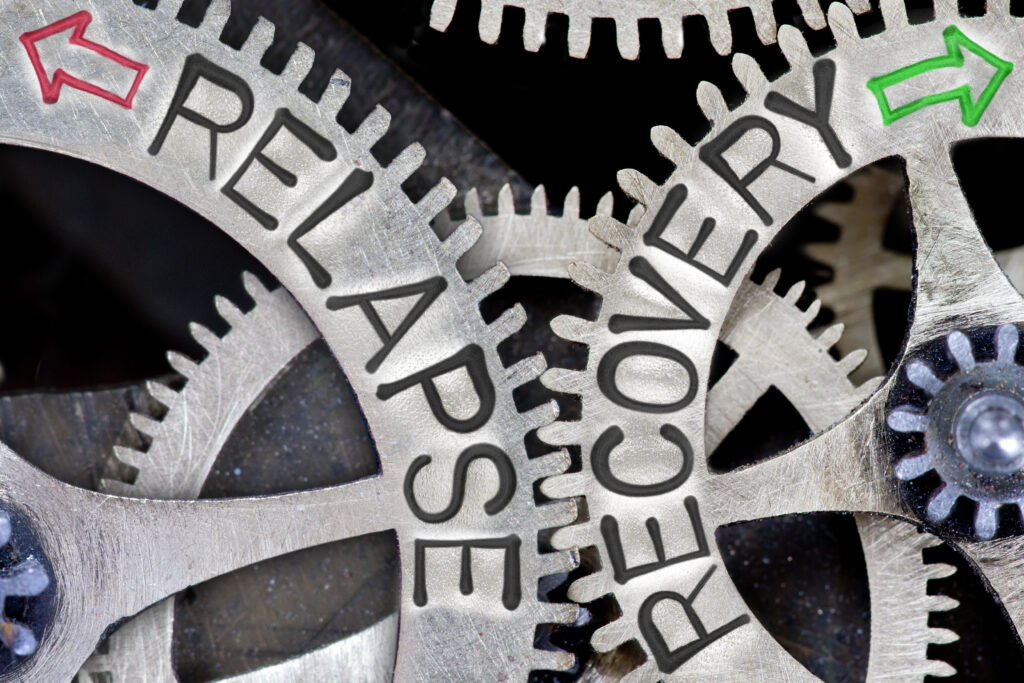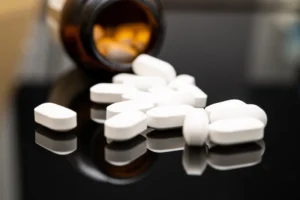The risk of relapse is everlasting. All it takes is one bad decision to stir back into the races and throw away your sobriety.
The grandiosity of the task can shy the bravest souls away—primarily why recovery is considered a daily practice for a daily reprieve. But addicts don’t have to go at it alone. There are a number of tools at their disposal to help them stay on course.
If you’ve been wondering what a relapse prevention program is, then you’ve come to the right place because we are about to dive into all things post-recovery.
How Do Relapse Prevention Programs Work
Relapse prevention programs are also known as aftercare plans. These programs are designed to help addicts stay sober after they leave rehab.
Think of them as a system of recovery and maintenance.
There are various forms of relapse prevention programs, and they all work differently. They are designed to meet the needs of different addicts by employing proven maintenance strategies that help addicts stay sober.
Now that you know what is a relapse prevention program, let’s examine some of the most common types available for recovered addicts.
Different Types of Relapse Prevention Programs
Support Groups
Support groups are widely recognized, celebrated, and effective at helping addicts stay sober. It is for this reason that twelve-step programs are so popular in the recovery community.
A support group provides addicts in recovery with mutual support and accountability.
Connection is the opposite of addiction; therefore, support groups aim to bridge the gap between the two to maintain a healthy recovery.
These groups are a helpful way to be reminded of what it was like when the addict was using, and what it’s like now that they are sober.
Therapy
Therapy doesn’t have to end at the gates of a rehab facility. In fact, many addicts find the need to stay in therapy long after their last drink or drug.
Continuous attendance to therapy is another very effective way of helping addicts stay sober.
Addicts can benefit from speaking with a professional who can help them keep a sense of perspective. This will enable them to identify and address patterns and behaviors that might otherwise lead back to addiction.
Research shows that the first signs of relapse occur prior to drinking or using drugs again. Instead, relapses occur when the recovered addict begins to fantasize about drug use, stops attending recovery meetings, and begins to mentally sabotage their recovery.
A therapist can help identify these patterns early on and treat them before it’s too late.
Sober Housing
Taking up residency in a sober house is yet another way to avoid relapsing through a prevention program.
Sober living might not be a permanent solution, as recovered addicts will eventually take up their own residency. However, they are an excellent program for addicts that just left rehab and have challenging living arrangements or those who have relapsed often.
There are different types of sober housing. Some of them include:
- Inpatient rehabs
- Halfway homes
- Sober living houses
- Inpatient treatments
A sober home provides a substance-free environment for patients that is supervised and ruled by strict regulations. These facilities provide addicts with a safe environment and many of the benefits of inpatient facilities such as drug testing, support groups, therapy, and more.
Studies have been carried out that show the effectiveness of sober living facilities. Those who opt for this living arrangement tend to improve when it comes to drug consumption, arrests, psychiatric symptoms, and employment.
How to Find Relapse Prevention Programs
Now that you know what a relapse prevention program is, you might be tempted to join one. If so you should check out Ava Recovery.
Ava Recovery offers an array of relapse prevention solutions for both alumni and newcomers
Contact Ava Recovery today and find out more about which of our relapse prevention programs is right for you.






